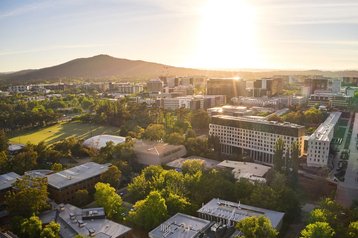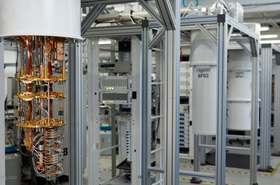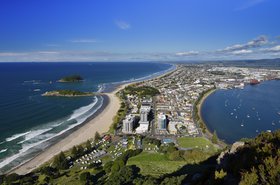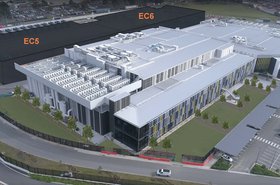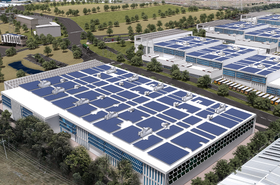Fujitsu has signed a memorandum of understanding (MoU) with the Australian National University (ANU) in Canberra to establish a quantum research center.
Under the terms of the agreement, the two parties also announced their “ambitions” to build a 256-qubit on-premise quantum computer at the new center in 2025. A second machine at the center containing up to 1,000 qubits has also been slated for release in 2026.
To support the construction of these machines, Fujitsu will provide ANU researchers and academics with access to the company’s existing quantum systems and simulators at the Japanese research institute Riken. The institute is currently home to the Fujitsu-made Fugaku, which was the world’s fastest supercomputer when it launched in 2020.
Riken has deployed two Fujitsu-made quantum computers, and is partnering with IBM for another system.
While Fugaku is still the highest-ranked system outside of the US, according to the most recent edition of the biannual Top500 list of the world’s fastest supercomputers, it has fallen to fourth overall.
The MoU will also see ANU develop teaching and training models based on the access granted to researchers by Fujitsu to further inform the university’s approach to quantum computing.
“Our investment in quantum research, coupled with strategic collaborations including with ANU, puts us at the forefront of the global race to develop the world’s first fault-tolerant quantum computer,” said Graeme Beardsell, EVP and CEO Oceania, Fujitsu.
“Australia’s commitment to quantum leadership is clear, and Fujitsu is playing our part. We’re not just developing these technologies; we’re sharing them, fostering collaboration, and believing that the next quantum breakthrough will come from a global, connected network of brilliant minds who are focused on developing technology for good.”
The MoU aligns with Australia’s National Quantum Strategy, which was first launched by the government in May 2023. The strategy sets out Australia’s long-term vision for leveraging quantum technologies and includes pledges to invest and grow quantum research, drive commercialization of the technology, and support new quantum infrastructure.
According to Australia’s national science agency, CSIRO (Commonwealth Scientific and Industrial Research Organisation), the domestic quantum computing market has an estimated annual revenue of AU$2.5 billion ($1.6bn), with the potential to create 10,000 new jobs in Australia by 2040.

